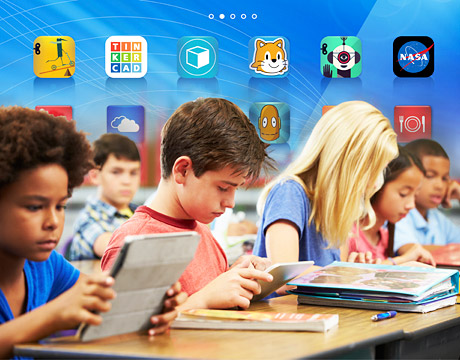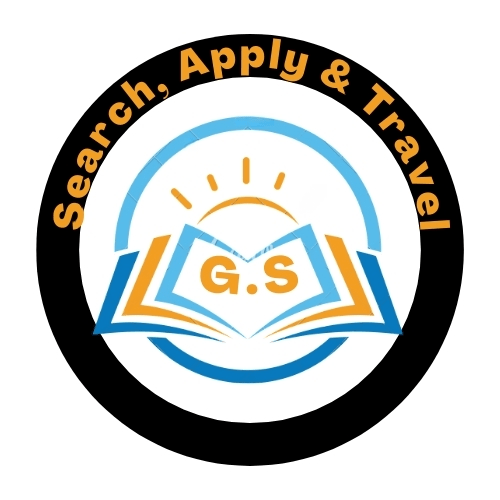Educational Apps and Software: Education is no longer what it used to be some decades ago, when students had classrooms and a good number of textbooks. The educational apps and programmes are very effective because they offer fascinating and involving training sessions for scholars of any age and origin. In essence, these digital resources provide numerous benefits, changing how we learn, educate, and acquire information.
Advantages of educational apps and software.
Educational apps and software offer a multitude of advantages for both educators and learners.
- Increased engagement and motivation: The incorporation of interactive elements, gamification, and personalized learning paths in the course will spice up learning and make it fun, thereby improving students’ motivation as well as their active involvement in the lessons.
- Enhanced accessibility and flexibility: This ensures that learners have access to education content at any time in a manner that does not restrict their schedules through flexible learning and personal approaches to studying.
- Personalized learning experiences: Apps and software for education are flexible as they take into consideration unique characteristics of different learners with their unique learning styles, strengths, and weaknesses, thus offering tailored instruction and support.
- Improved learning outcomes: Research suggests that educational applications and software improve academic success, enhance retention, and enhance mastery of difficult concepts.
- Streamlined administrative tasks: Educational apps and software allow automated grading, tracking progress towards course completion and content management, saving educator’s time and effort.
Educational apps and software types.
The diverse world of educational apps and software offers a wide range of tools to cater to various learning needs and subjects.
- Language learning apps: For example, some famous applications for language learning is DuoLingo, Babbel and Memrise, which use some games for language learning and adaptive learning methods to make language acquisition interesting and effective.
Duolingo, an open-source internet-based language learning platformOpens in a new window
Duolingo language learning app
sign up duolingo.com
- STEM learning apps: Some of these online lessons include engagement with learning using Khan Academy, Codecademi, and Minecraft Education Edition for Math, Science, Coding, and Engineering.
STEM learning app of Minecraft Education Edition.

click here: STEM Apps on Google Play and STEM Apps for Kids : App Store Story – Apple
- Early childhood learning apps: There are numerous apps such as ABCmouse, Starfall Learn to Read, and Seesame street Learn & Play that introduce a child to literacy, numeracy, and fundamental skills in an entertaining manner.
Sesame Street Learn & Play is an early childhood learning app Opens in new window
 sign ups
sign ups
- Khan Academy Kids
- Moose Math – Duck Duck Moose
- Educational apps for kids
- AlphaTots Alphabet
- Busy Shapes
- Assessment and practice tools: Teachers can use games such as kahoot!, quizizz, and socrative in order to conduct meaningful evaluation of students’ knowledge and to make the learning process more active.
Socrative opens in a new window.

sign up
Conclusion
Learning has become more advanced with educational apps and software due to interactive learning methods in which students learn while having fun. These digital tools can make use of technology in order to customize learning processes, ease accessibility and offer improved outcomes based on varied students’ characteristics. With the development of technology, it is without a doubt that educational apps and software are going to significantly influence the future of learning.





